There’s no shortage of films addressing veterans dealing with PTSD, just as there are more than a few survivalist fantasies of people abandoning society to eke out an existence in the wild. And there’s certainly no dearth of movies exploring the nuanced intricacies of the father-daughter bond. Writer-director Debra Granik’s Leave No Trace could be aptly described as any of the above, but it distinguishes itself by virtue of its subtlety, the profound depth of its characterizations and its perceptive grasp of the emotional core at the heart of its narrative. In short, it’s a distinctly human drama that puts the emphasis on the human aspect without exaggerating the drama.
The drama is real, however, and the stakes are high. Granik’s film follows Will (a brooding Ben Foster), a vet whose struggle to reacclimatize to civilian life was derailed by the death of his wife, the mother of his daughter, Tom (Thomasin Harcourt McKenzie). But none of this backstory is ever explicitly clarified by Granik — we just see the life Will has built for him and Tom, foraging in the wilds of a state park in the Pacific Northwest and trying to evade a society that threatens to box him in. The audience is largely left to infer details of plot and character, and Granik’s script, co-written by Anne Rosellini and based on a 2009 novel by Peter Rock, teases them out so judiciously that the narrative has an organic feel paralleled by its lush arboreal settings.
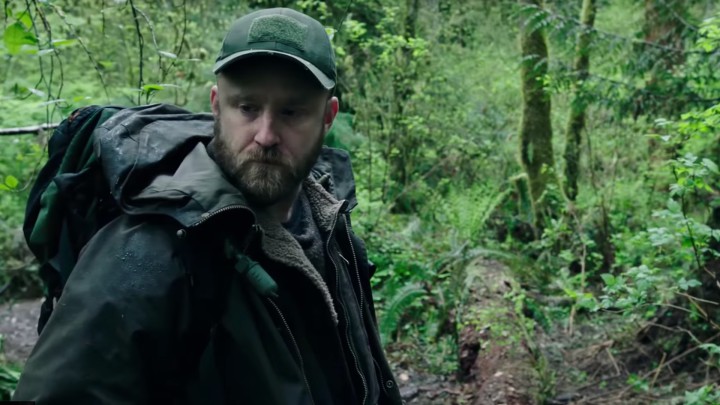 The relationship between Will and Tom is not only the driving force behind Granik’s narrative, but effectively the very fabric of the film itself. Every shot is subjective, which is what makes the visual dissonance between the verdant greens of cinematographer Michael McDonough’s heavily forested landscapes so jarring in contrast to the bland beige of the “civilized” world into which Will and Tom are forcibly returned. It’s a visual leitmotif that evokes Tom’s character arc and makes the inevitable conflict with her reclusive father that much more relatable. In developing character through visual means rather than falling back on blunt exposition, Granik shrewdly sidesteps any pat resolutions or easy answers, allowing the audience a more immersive identification with characters whose experiences might otherwise feel too foreign.
The relationship between Will and Tom is not only the driving force behind Granik’s narrative, but effectively the very fabric of the film itself. Every shot is subjective, which is what makes the visual dissonance between the verdant greens of cinematographer Michael McDonough’s heavily forested landscapes so jarring in contrast to the bland beige of the “civilized” world into which Will and Tom are forcibly returned. It’s a visual leitmotif that evokes Tom’s character arc and makes the inevitable conflict with her reclusive father that much more relatable. In developing character through visual means rather than falling back on blunt exposition, Granik shrewdly sidesteps any pat resolutions or easy answers, allowing the audience a more immersive identification with characters whose experiences might otherwise feel too foreign.
By stepping away from the pulpy crime-thriller tropes that defined her earlier films, Granik has created something far more earnest and deeply affecting without abandoning the vitality that made Winter’s Bone so notable. And while McKenzie has already drawn comparisons to Jennifer Lawrence’s turn in Granik’s previous picture, her performance shows a great deal more promise if only because of its delicacy. As a study in cinematic and narrative efficiency, it’s masterful, and Granik brings out the best in both Foster and McKenzie — but as a singular work of emotional expressionism, Leave No Trace is a film that will leave an indelible mark on the hearts of moviegoers. Rated PG for thematic material throughout.
Opens Friday at Grail Moviehouse.



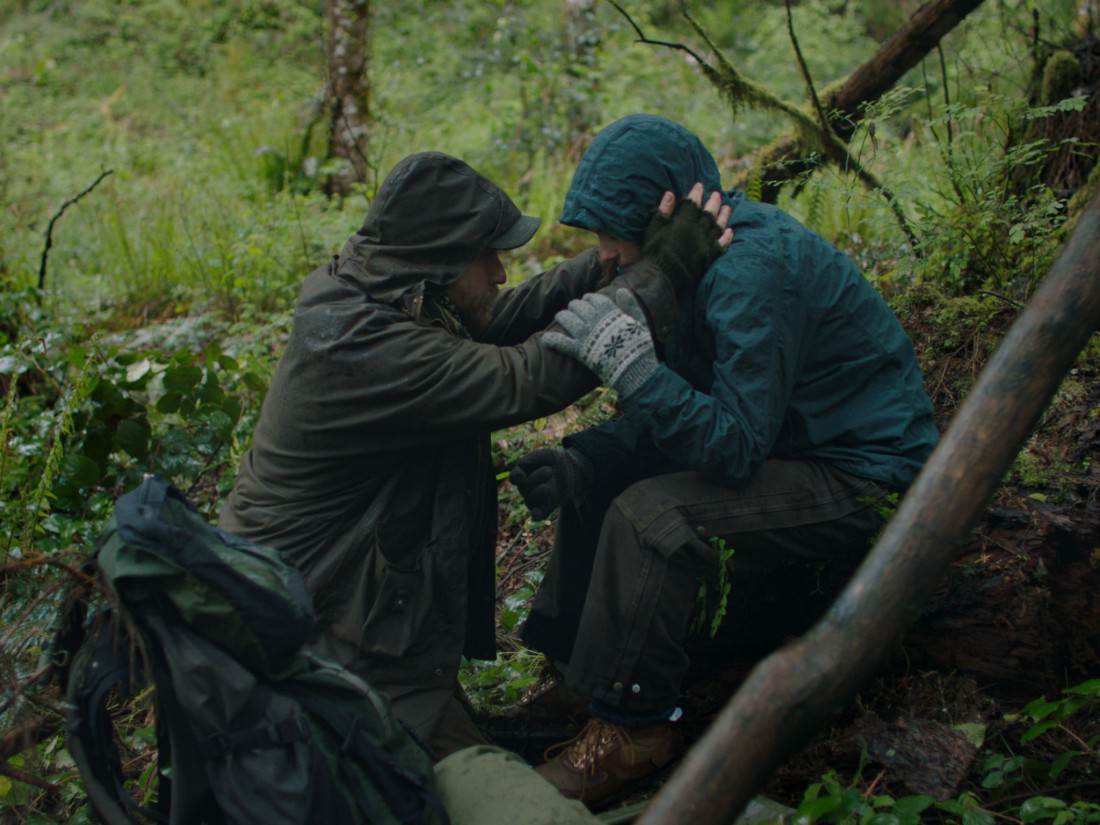
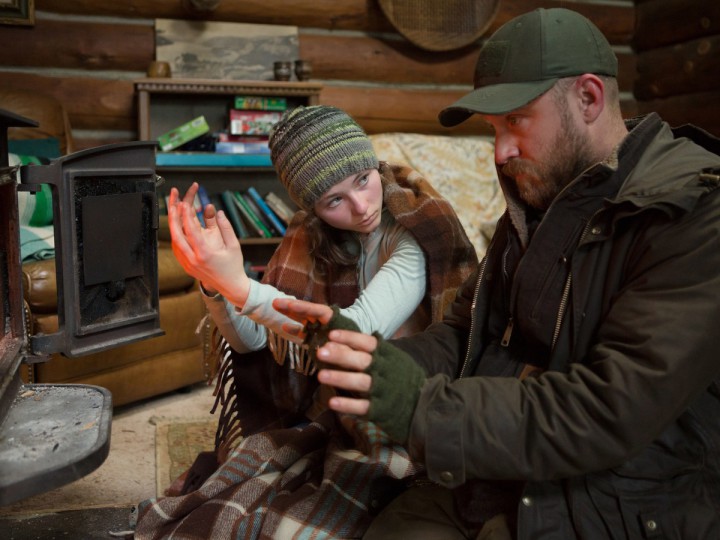
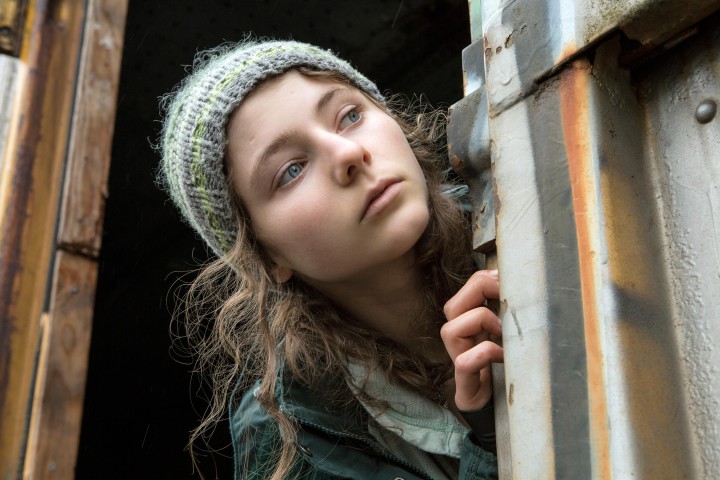
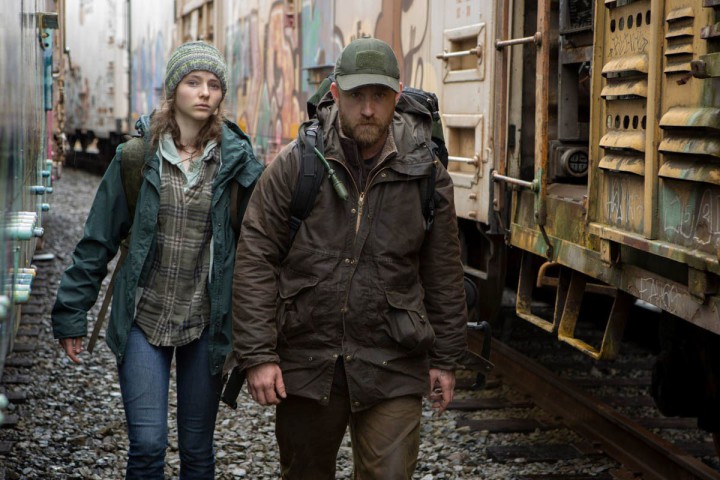
Before you comment
The comments section is here to provide a platform for civil dialogue on the issues we face together as a local community. Xpress is committed to offering this platform for all voices, but when the tone of the discussion gets nasty or strays off topic, we believe many people choose not to participate. Xpress editors are determined to moderate comments to ensure a constructive interchange is maintained. All comments judged not to be in keeping with the spirit of civil discourse will be removed and repeat violators will be banned. See here for our terms of service. Thank you for being part of this effort to promote respectful discussion.